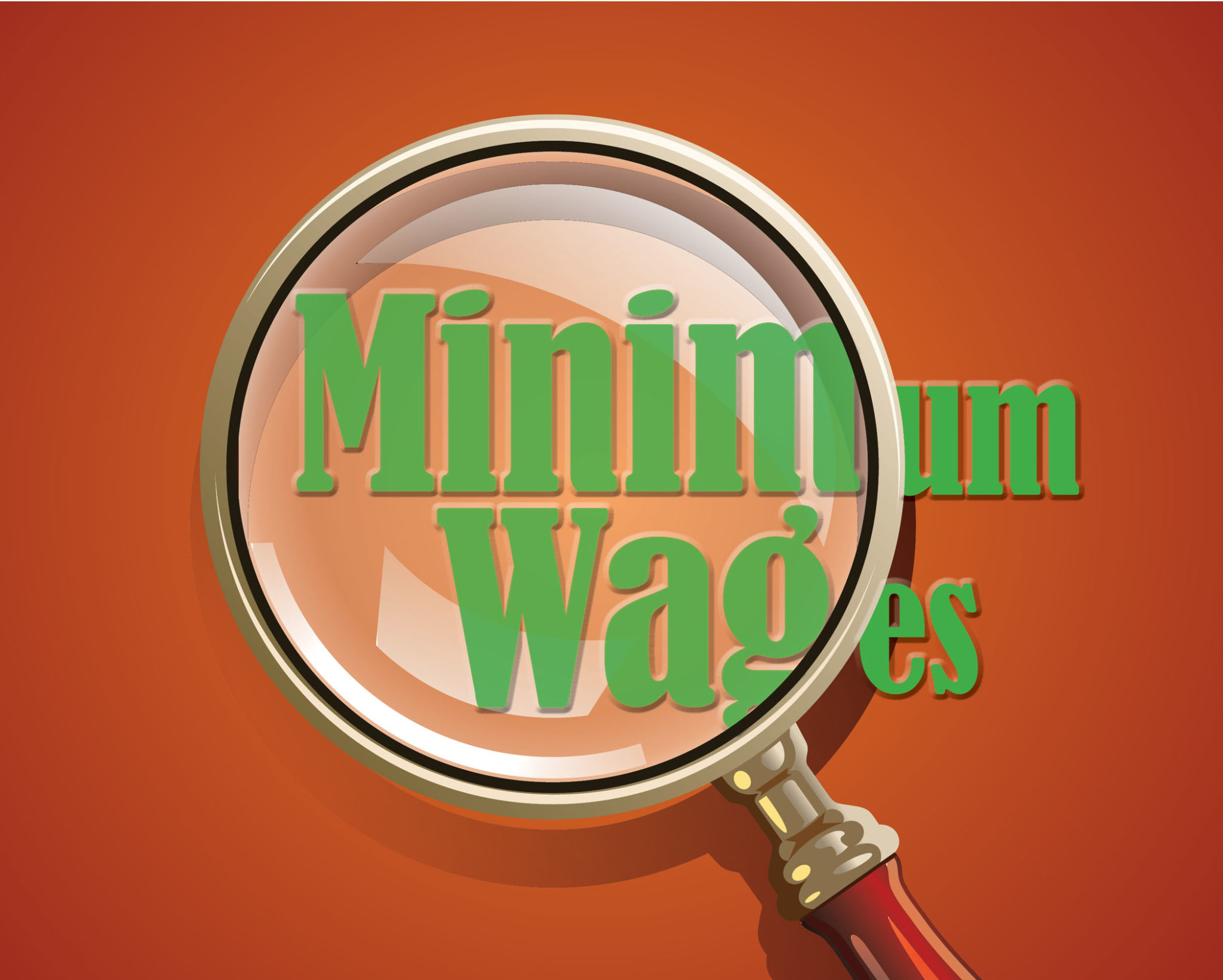The world has entered an era of rapid growth application of science and technology to solve many problems and challenges the world is facing today. This was said by the Deputy Director-General of Special Economic Zones and Economic Transformation at the Department of Trade and Industry (the dti), Mr Sipho Zikode. Zikode said this during his opening address at a two-day Intellectual Property and Technology Commercialisation Colloquium at Saint George Hotel Conference Centre in Pretoria today. The colloquium is hosted by the dti, in collaboration with the Companies and Intellectual Property Commission (CIPC) under the theme: Propelling innovation towards full-scale industrialisation and inclusive growth
Zikode said this progress also brings many challenges and problems that humans are facing and if we do not invest in intellectual property we will fall behind.
According to Zikode South Africa is responsible for most of the impressive technologies out there that were done through the South African universities and research institutions. He said the country managed to develop niche technologies through research that is funded from the public purse and we have managed to develop programmes that could really take the country to the next level if they are commercialised. Against this backdrop, Zikode said through some mechanisms, these research outputs found themselves in other countries where they are being developed as programmes and South Africa and other countries in turn, buy those programmes.
As a response to this challenge, Zikode said in 2016, the dti developed the National Commercialisation Strategy in order to help the country develop its technology commercialisation capability through the appropriate interventions. He further indicated that the strategy amongst others provides support for bridging the gap between prototype development stage and commercialisation stage.
“The strategy outlines a tailor-made set of interventions that focus on the recommendations for achieving an efficient and effective technology commercialisation system. The strategy also clarifies the context, challenges, policy and regulatory frameworks, the role players and structures in place to better understand the situation in South Africa regarding technology commercialisation,” said Zikode.
As recommended in the strategy, CIPC has already established the patent examination system to reduce the costs of patenting an invention as well as the IP Trade Portal which is a platform where buyers and sellers of IP right meet each other. the dti, on the other hand, is introducing a new incentive called “Commercialisation Acceleration Programme” to help new technologies be better prepared to enter new markets.
Zikode highlighted that SA is well positioned to be a major player in the development of materials and products for the 4th industrial revolution and growing the economy contributing not only to the wellbeing of South Africa and but for the whole world.
The colloquium is expected to explore how innovators can create value from their IP and what mechanisms should be put in place to ensure successful commercialisation. It will also cover key areas of intellectual property (IP) development and protection, acquisition and exploitation and explore how the Fourth Industrial Revolution is challenging the value of conventional IP rights protection and its enforcement.
Three international experts have also shared their insights into the Fourth Industrial Revolution and how the current IP regime must evolve to adapt to these technological advancements.
Inventors, academics, patent attorneys, industry partners, SMMEs, technology consultants, commercialisation specialists, venture capitalists, incubators, technology transfer offices as well as high school learners and university students are in attendance.
The Minister of Trade and Industry Dr Rob Davies will deliver a keynote address tomorrow at the colloquium. The Head of the Department of Otorhinolaryngology at the University of Pretoria (UP), Professor Mashudu Tshifularo will also be speaking at the colloquium on the second day. Tshifularo made history recently when he became the first person in the world to transplant the hammer, anvil, stirrup and the ossicles – that make up the middle ear – using 3D-printed technology
Enquiries:
Sidwell Medupe-Departmental Spokesperson
Tel: (012) 394 1650
Mobile: 079 492 1774
E-mail: MSMedupe@thedti.gov.za
Issued by: The Department of Trade and Industry
Follow us on Twitter: @the_dti
About Us
 The Northern Business Review is a business community newspaper that provides a platform for businesses to market their products and services, as well as build their brand, but equally important the publication provides information, advice and topics of interest, including business, entrepreneurial, economic reviews and simple ideas to grow your business. The publication has a primary objective to “uniquely” represent businesses to a wide audience across the community as well as provide a media platform of business articles and information that affect, influence and uplift the business environment within our defined geographical and cultural community.
The Northern Business Review is a business community newspaper that provides a platform for businesses to market their products and services, as well as build their brand, but equally important the publication provides information, advice and topics of interest, including business, entrepreneurial, economic reviews and simple ideas to grow your business. The publication has a primary objective to “uniquely” represent businesses to a wide audience across the community as well as provide a media platform of business articles and information that affect, influence and uplift the business environment within our defined geographical and cultural community.
Recent Posts
- The HUAWEI MatePad T 10s 64GB: the ideal tablet for families
- TIGER BRANDS CULINARY DIVISON PARTNERS WITH BACARDI HOLIDAY CLUB FESTIVAL AS THE OFFICIAL FOOD SPONSOR
- Prevent the silent onset of chronic kidney disease. Here’s how
- 15-minute neighbourhood trend on the rise across SA
- 3Sixty Biopharmaceuticals enters into a sales and distribution agreement with Adcock Ingram’s OTC division


